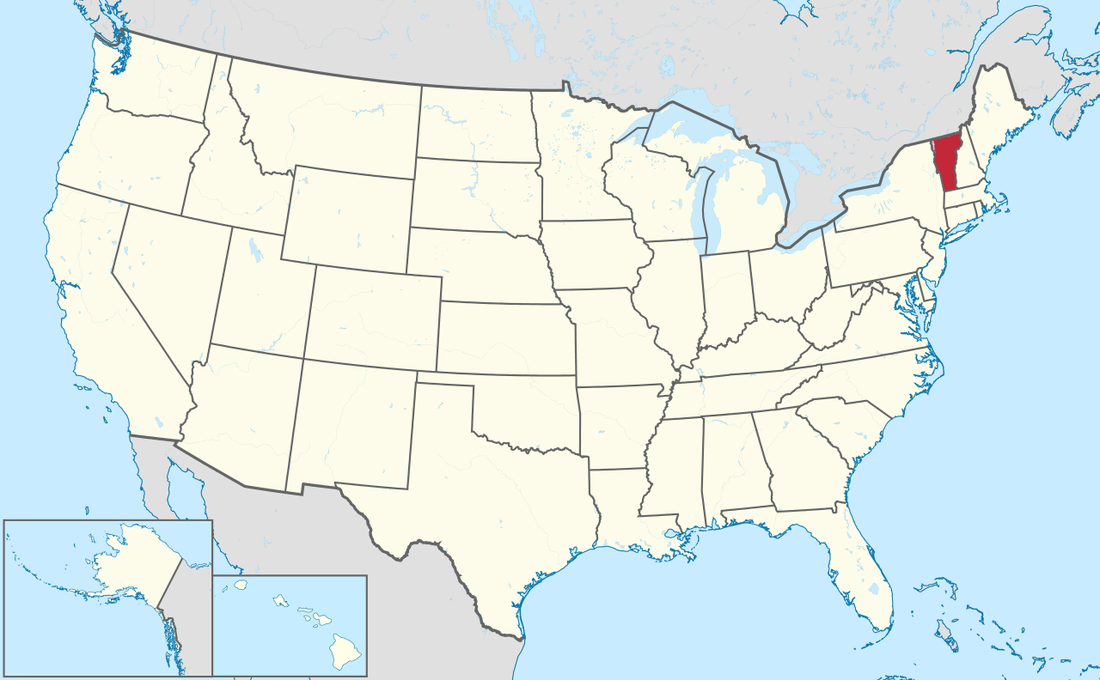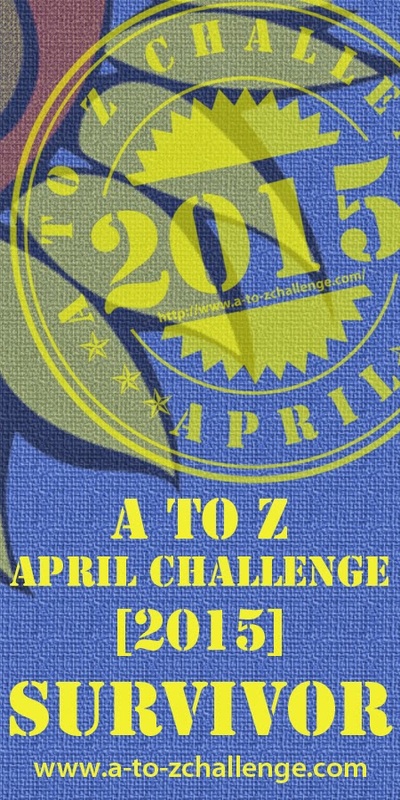While I applaud the author for addressing the topic, I have a problem with how it can be (and apparently is being) misconstrued.
|
An article about Vermont’s closing sheltered workshops has been making the rounds in social media lately. It’s a very well written piece – but one that has an obvious agenda: Make people believe that Vermont provides proof that sheltered workshops should be eliminated everywhere.
While I applaud the author for addressing the topic, I have a problem with how it can be (and apparently is being) misconstrued.
2 Comments
Am I Missing Something?Man abuses someone who has an intellectual disability and as his punishment, judge orders him to work with the ARC. “The Arc Caddo-Bossier says it will not allow former Shreveport firefighter Billy Glass to perform community service or work with the intellectually disabled people the agency serves.” Originally posted 5/2/14 by Stephanie Holland as the introduction to May's Job Month discussion. ADD YOUR VOICE TO OUR SURVEY A few weeks ago, there was a "landmark" decision about sheltered workshops that may end up signalling the end to all work opportunities that are deemed exclusive. I wrote about my initial thoughts in a previous post: Legal actions forced de-institutionalization and inclusion in schools. This IS a good thing - but not appropriate for everyone. Now, states and private companies are afraid of lawsuits and that is hindering their ability to provide services for those who really need them. Since then, we've had a discussion online in an IDSC group, and gotten more input from other parents. I've also created an online survey for anyone who is the parent/guardian of an adult with Down syndrome to share their thoughts.
We've gotten 21 responses so far and the results are mixed. The survey asks about personal experience and thoughts about whether "sheltered" environments are exploiting our loved ones and should be eliminated. So far, 7 people think yes, they are bad in every sense and better alternatives should be created. However, 14 respondents aren't so sure that this is the way to go. Originally posted 4/18/14 by Stephanie Holland Recent activity in the courts and on Ds social media has focused on the issue of doing away with sheltered workshops. I'd like us, as a community, to come up with a statement that says what we think and how we feel. Here are my initial thoughts. Please feel free to critique and add yours to them. We hope to have a comprehensive statement on the issue for next month when we focus on jobs as the topic of the month.
Legal actions forced de-institutionalization and inclusion in schools. This IS a good thing - but not appropriate for everyone. Now, states and private companies are afraid of lawsuits and that is hindering their ability to provide services for those who really need them. We need to learn from the past. In MANY cases:
Freedom of SpeechOne of the ways we express ourselves in our society is by writing a letter to the editor (LTE) of our local newspaper. Recently, Patti Saylor did just that. In it, she talked about all the work that has been done since her son was killed in a movie theater by off-duty sheriffs. His death over the price of a movie ticket was senseless, and brought to light a need for change - a change in attitudes, a change in understanding, and a change in police training. She listed several ways in which local law enforcement, federal entities, and the private sector across the nation have reacted to her son's death and pointed out the reluctance of the office involved, the Frederick County Sheriff's office, to accept any responsibility or work proactively to prevent future tragedies. These facts bring me to the missed opportunity — all these people and organizations are not blaming the victim. They know changes in policy, practices and training will prevent similar incidents in the future. Patti's letter (published September 7th) is well written, polite, and full of facts.
Unfortunately, the reaction to it, printed today, was not so eloquent. Things That Make You Go Hmmmm....Sometimes research studies really make you wonder – “Who thinks up this stuff?” Did we really need a rigorous analysis of soggy breakfast cereal? Seriously, from my years as a waitress in a bar I could have told them that People who think they are drunk also think they are attractive. And who on earth really needed to know that nose picking is a common activity among adolescents? It really makes you wonder.
Let me tell you about the “man voice pill.”
Marcus and I like to watch old Disney cartoons together, like classic Mickey Mouse and friends. Not black and white, he’s generally only interested in color TV, but classics just the same. One of our favorite characters to watch together is Donald Duck. Poor Donald, always getting into trouble. In one particular episode Donald tries selling hairbrushes door-to door. At each house, as soon as Donald speaks, the door is slammed in his face. Why? Because no one can understand him, because they don’t want to or like to hear his voice. But wait – there’s hope! A man selling a magic pill. When Donald swallows this pill, he approaches each door with his new smooth voice and now it’s all smiles, all go. Doors open. Marcus sat up quite straight at this plot. “I want that.” He said, “I want the man voice pill.” Originally posted on 3/30/14 by Stephanie Holland Health and wellbeing – Access and equality for all on the occasion of World Down Syndrome Day For those of us on The Road, WDSD was... hectic to say the least. Hectic in a GOOD way! I didn't want the month to end without talking a little bit about the UN panel discussion on health.
If you missed the presentation, you can watch it via download. It's four hours of great speakers talking about - as you would expect, health care and access around the world. I was personally excited to see that one of Josh's doctors from when we lived in Maryland was speaking. Dr. George Capone from the Kennedy Kreiger Institute Down syndrome Clinic in Baltimore, MD is one of my personal heroes. He talked about guidelines that exist for newborns, and for children. These guidelines are published by the American Academy of Pediatrics. Dr. Capone mentioned that they were developed in 1994 and revised in 2001 and 2011. They apparently try to update them regularly. The only thing is - they stop at age 21. |
The RoadMapLife on "the road" of caregiving for adults who have Down syndrome. Categories
All
Archives
July 2015
Get our blog in your inbox!
Stephanie:Walkersvillemom (Facebook) Mardra:Mardra Sikora (Facebook) |






 RSS Feed
RSS Feed

